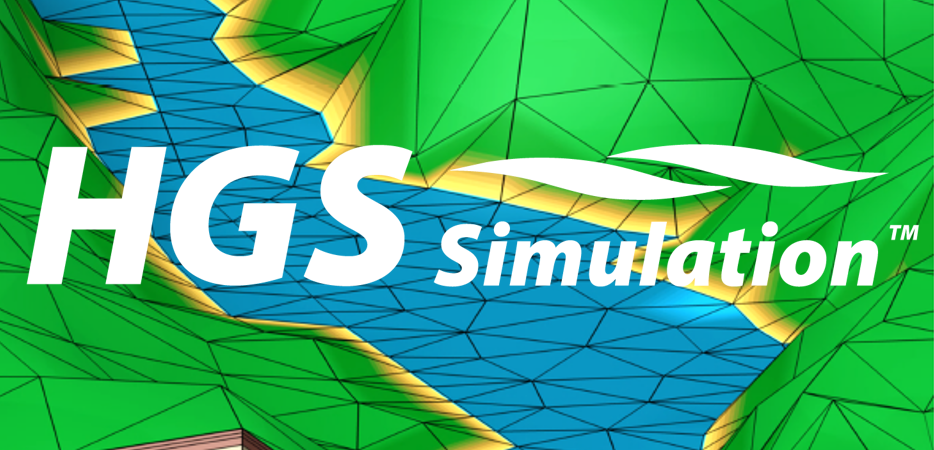CLICK HERE TO REGISTER
Note: all event times are in eastern (EST/EDT)
Join Dr. Peter Forsyth and Dr. Hyoun-Tae Hwang as they review the numerical principles/methodologies that drive HydroGeoSphere simulations during this 30-60 minute presentation.
Dr. Forsyth will provide a general review of the control-volume finite element method and associated concepts, including monotonicity, mass conservation, and the sparse matrix solver embedded in HGS. This solver is based on a PCG-like method which uses an incomplete LU factorization preconditioner. Level or drop tolerance preconditioning can be specified.
Dr. Hwang will review the flexible parallel computing capabilities provided by HydroGeoSphere using the OpenMP framework. Fully-integrated hydrologic simulations, such as those performed with HGS, involve highly nonlinear processes, and thus the computational efficiency of the model becomes a critical issue for those performing hydrologic simulations. As such, Aquanty is constantly looking for ways to increase the computational efficiency of HGS, and parallelization is one part of that effort. The HGS parallelization framework allows the same code to be executed on various shared memory platforms with minimal maintenance and provides a flexible methodology for the efficient construction of the coefficient and Jacobian matrices.
HydroGeoSphere (HGS) is a three-dimensional control-volume finite element simulator which is designed to simulate the entire terrestrial portion of the hydrologic cycle. It uses a globally-implicit approach to simultaneously solve the 2D diffusive-wave equation and the 3D form of Richards’ equation. HGS also dynamically integrates key components of the hydrologic cycle such as evaporation from bare soil and water bodies, vegetation-dependent transpiration with root uptake, snowmelt and soil freeze/thaw.

